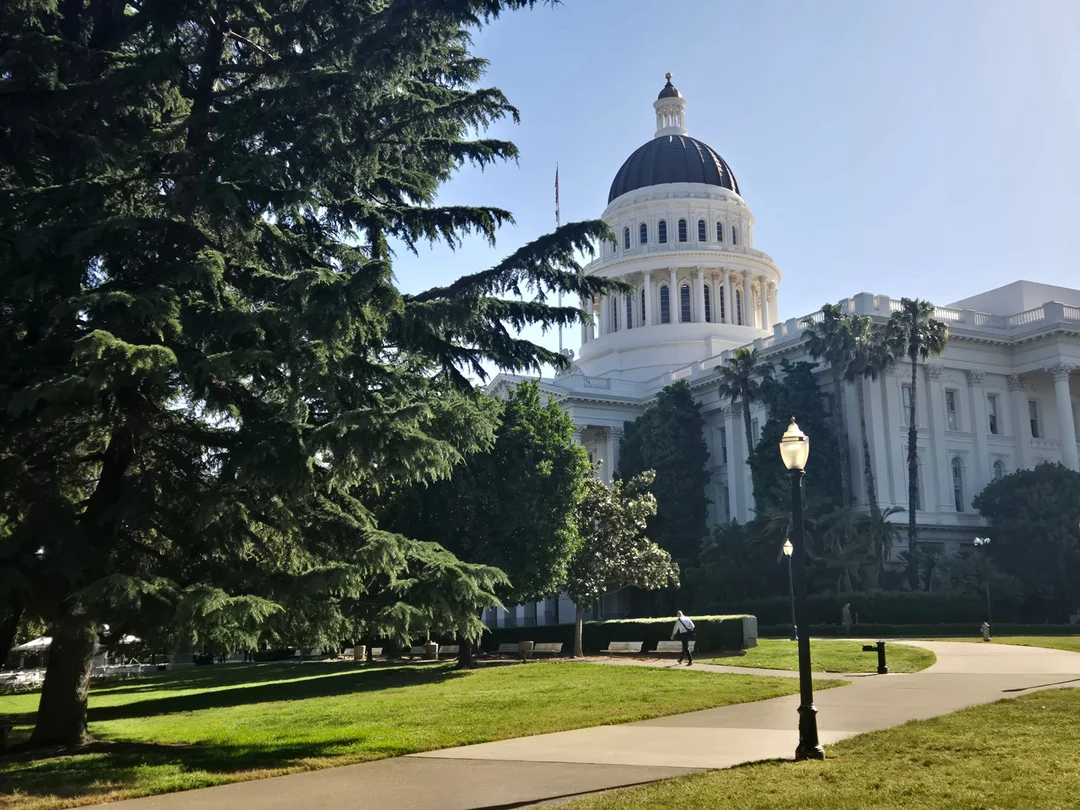
What Secrets Lie Behind California’s Rejected Legislative Proposals?
In a stunning display of fiscal restraint, California lawmakers have shelved hundreds of ambitious proposals amid a looming $12 billion budget deficit. This move highlights the state's struggle to balance innovative ideas with economic realities, raising questions about the future of key public services and policies.
The process, known as the "suspense file," allows committees to rapidly dismiss bills that could cost the state significant funds. Assembly Appropriations Committee Chair Buffy Wicks, an Oakland Democrat, emphasized the challenges: "We are in a very difficult budget environment this year, so consequently many good bills are going to fall by the wayside today." With federal funding cuts and rising health care expenses adding pressure, lawmakers are prioritizing cost savings over expansion.

Among the casualties were tax credits for parents of young children, a proposed state-funded scientific research institute, and exemptions for service workers' tips from income tax. In the Senate, 29% of 432 bills were axed, while the Assembly killed 35% of 666 measures—a more aggressive approach than last year. Senate Appropriations Chairperson Anna Caballero noted, "The state is facing a significant budget deficit, and with that in mind, the committee had to make difficult choices."
This decision-making process, often criticized for its secrecy, has sparked debate. For instance, health care expansions like integrating housing services into Medi-Cal were rejected, potentially delaying aid for low-income residents. Crime-related proposals, such as increasing penalties for fentanyl sales, were also shelved, illustrating the tension between fiscal caution and public safety. Republican Senator Brian Jones called the process "anti-democratic," accusing Democrats of silencing victims' voices.
Comparatively, some measures were postponed for further budget talks, including boosts to the film tax credit favored by Governor Gavin Newsom. This reflects a strategic shift, where policy and funding are intertwined. As Assemblymember Rick Zbur pointed out, "The increase in the size of the program will happen in the budget." Yet, skepticism remains, with critics arguing that such priorities might overlook environmental and housing reforms, like Senator Scott Wiener's proposal to streamline the California Environmental Quality Act.
Ultimately, these rejections underscore the broader implications for California's governance. With the state navigating economic uncertainty, the fallout could reshape public services and innovation. What does this mean for everyday Californians, and will these ideas resurface stronger?
As we reflect on these developments, we invite readers to share their thoughts: How should California balance ambition with budget constraints? Leave a comment below or share this article to spark discussion.